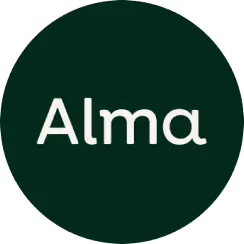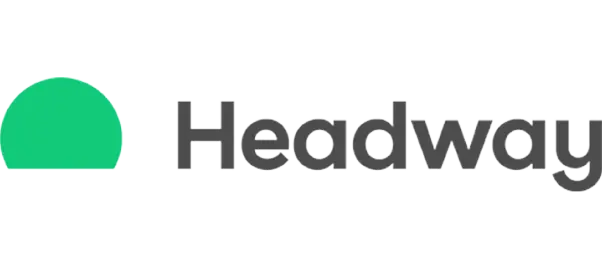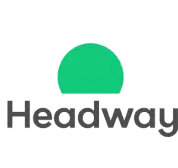Insurance
At this time, some Hill Country Anxiety clinicians have begun accepting some Aetna and United Healthcare (including Optum) insurance plans through our third-party insurance billing partners, Headway and Alma. You will find the specific plans each of our clincians are paneled with on their profile pages.
- 90791 – Patient Diagnostic Session
- 90834 – Patient Session (45 Minutes)
- 90837 – Patient Session (60 minutes)
- 90846 – Family Session with Patient (30 Minutes)
- 90847 – Family Session without Patient (30 Minutes)
All other services will be billed as private pay through Hill Country Anxiety using our EHR System unless prior arrangements have been agreed upon with Hill Country Anxiety administration.
Insurance is a complicated issue for providers and clients, our biling staff will do all that they can to help clients navigate those challenges where possible. In all cases, coverage is determined based on the information contained within your profile on our insurance billing partner platorms and the specific insurers for each client. Any insurer may change their position on covered services at any time without notice to the practice.
Initial Intake and Individual Therapy Sessions


Headway Billing Platform

Alman Billing Platform

Some notable exceptions and conditions for using your plan benefits on these billing platforms:

Out-of-Network Benefits
- In office
- Telehealth
- New Client Diagnostic Session – 90791
-
Therapy Sessions – 90834, 90837, 90846, 90847
Superbills
Hill Country Anxiety provides a Superbill to each of our clients that pay out-of-pocket for the qualified medical expense. A Superbill is a receipt for a paid session with an out-of-network clinician allowing the client to submit to their health insurance for credit or reimbursement if benefits are available. Reimbursement is determined by the individual healthcare policy at the time the claim is received based on the dates of service and services provided.
What’s in a Superbill?
A Superbill is a statement of service(s) from a clinic or clinician that includes all of the details required by the insurance providers to determine coverage for services. The statement reflects the date(s) of service (DOS), the service code or CPT code, the diagnosis code(s) and the billed amount from the rendering provider, along with the clinician’s credentials.
Under the No Surprises Act, clients who are seeking out-of-network services are entitled to receive a “Good Faith Estimate” of how much their care will cost, prior to receiving care. The good faith estimate is not a bill.
The “Good Faith Estimate” is a notification that outlines an uninsured (or self-pay) individual’s expected charges for a scheduled or requested item or service.
The estimate is based on information known at the time the estimate was created. As such, due to an individual’s treatment needs, depending on the complexity and severity of presenting issues as well as the degree of personal investment towards improvement, the duration of treatment may vary significantly. We will provide an estimate for an average annual cost of care.
If you receive a bill that is at least $400 or more than your Good Faith Estimate, you can dispute the bill. There’s a $25 non-refundable administrative fee to start this process.
Make sure to save a copy of your Good Faith Estimate, which can also be accessed via your Client Portal.
For more information about the No Surprises Act, you can visit www.cms.gov/nosurprises or call 1-800-985-3059.
